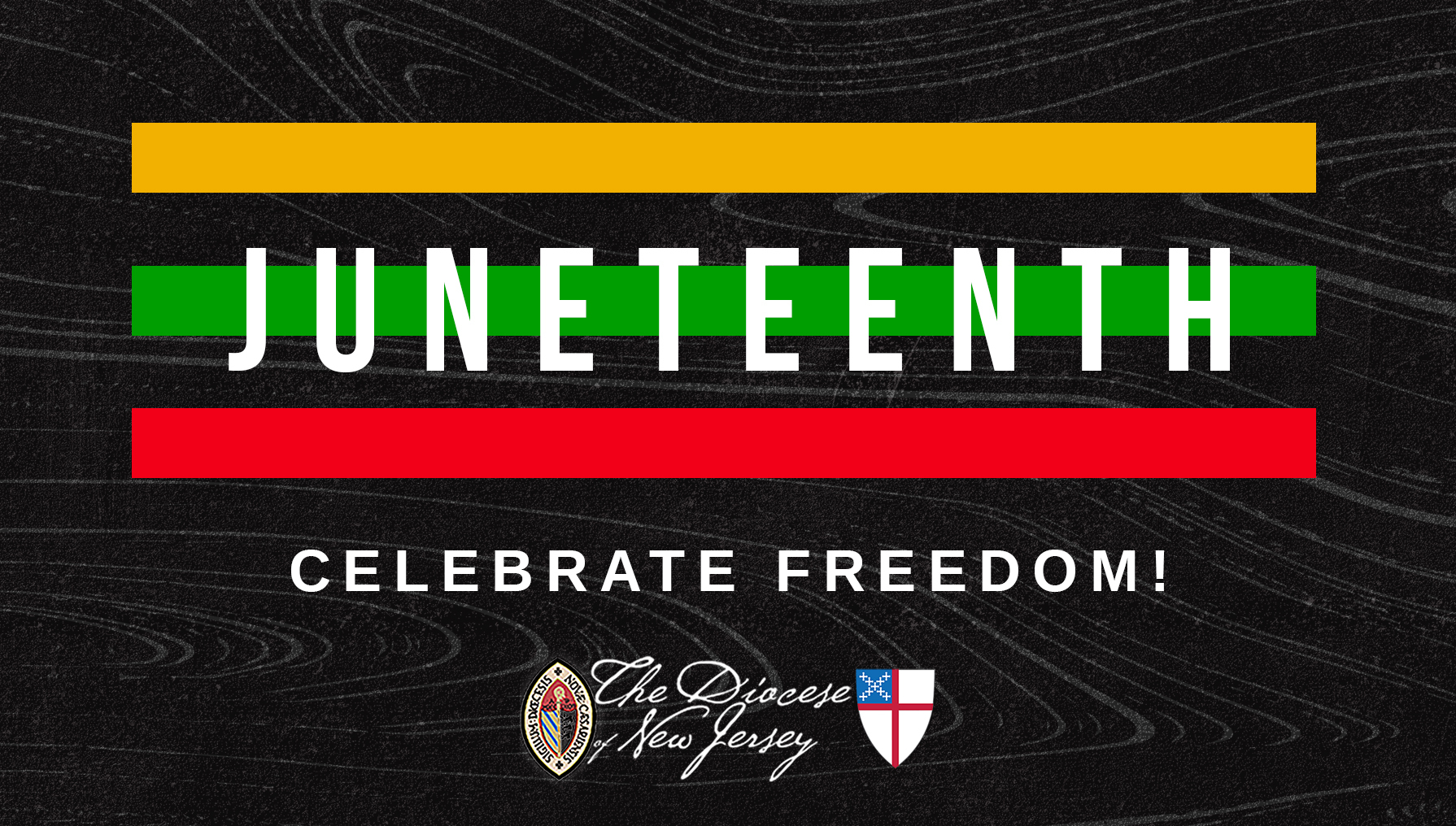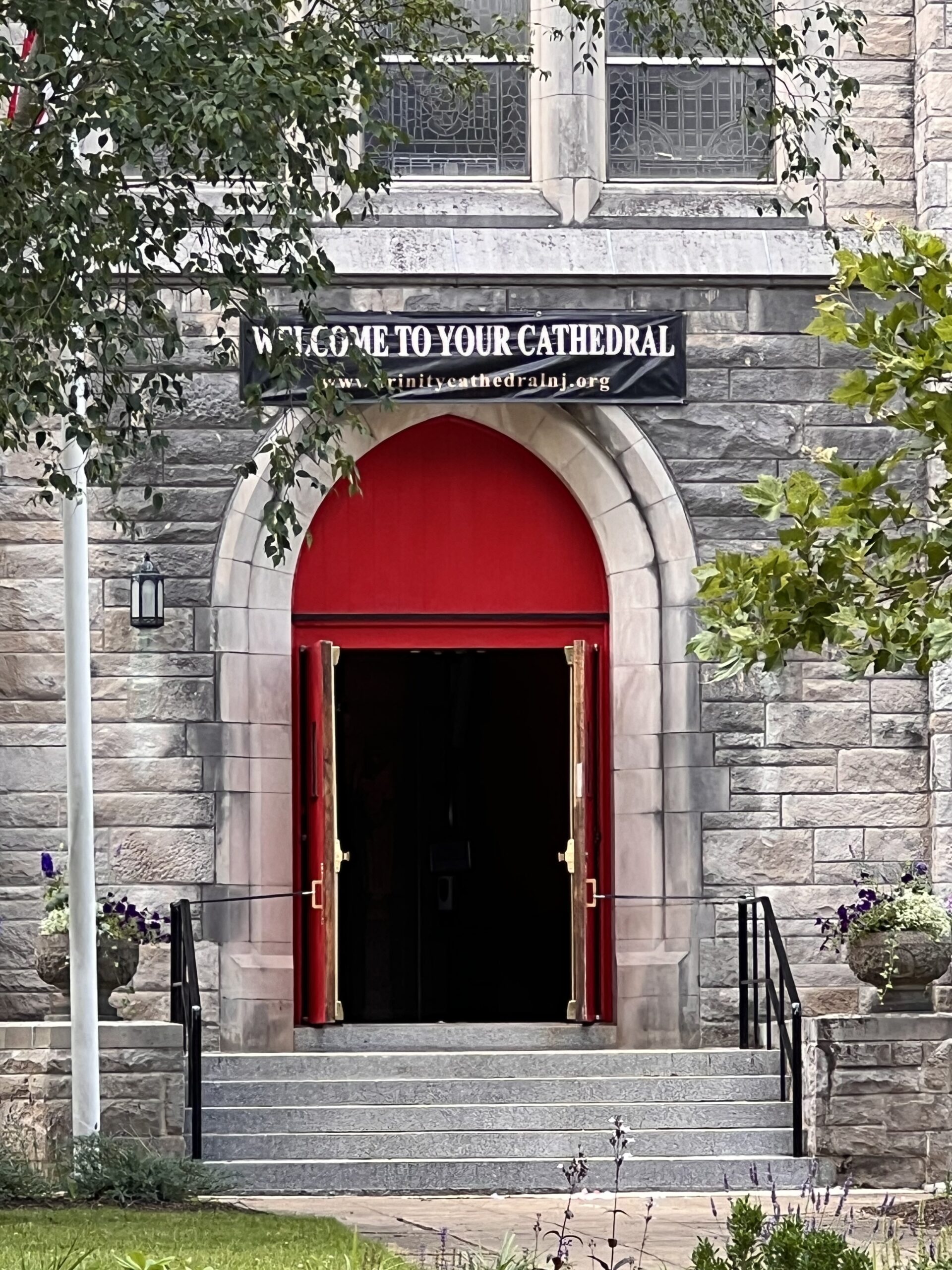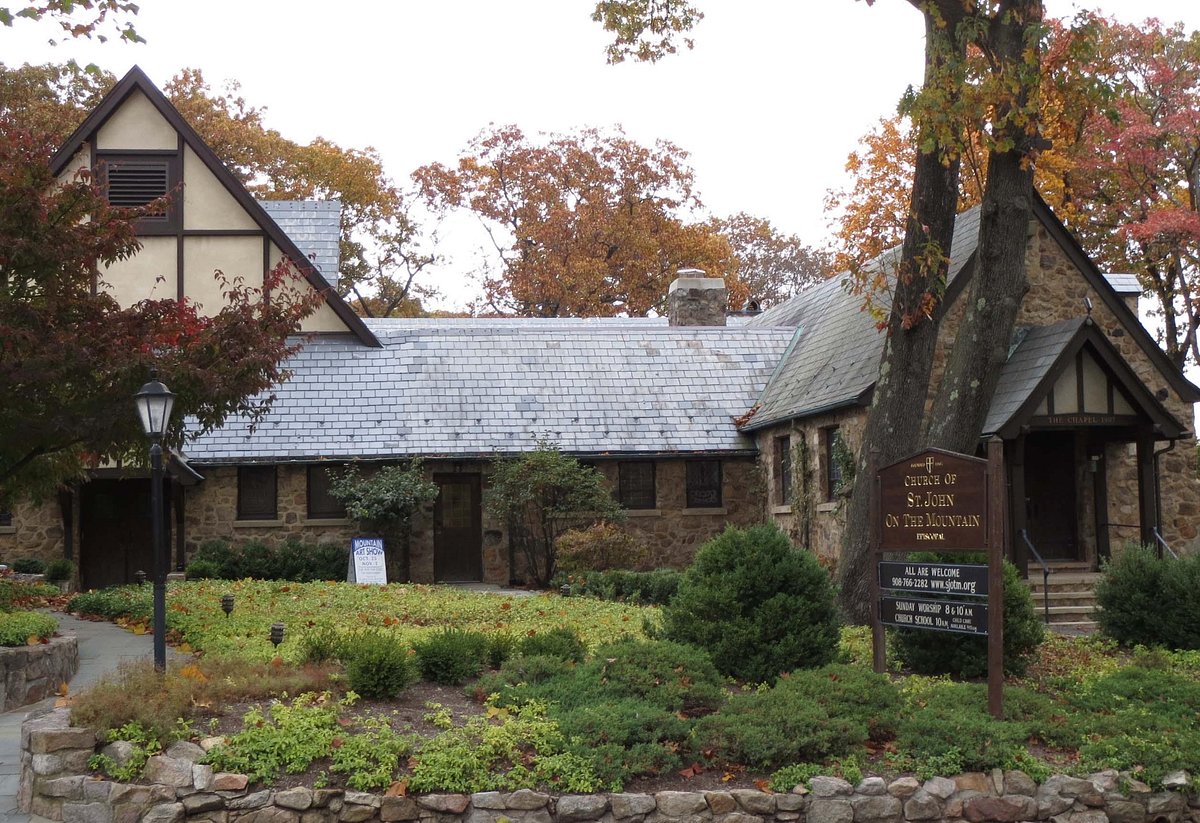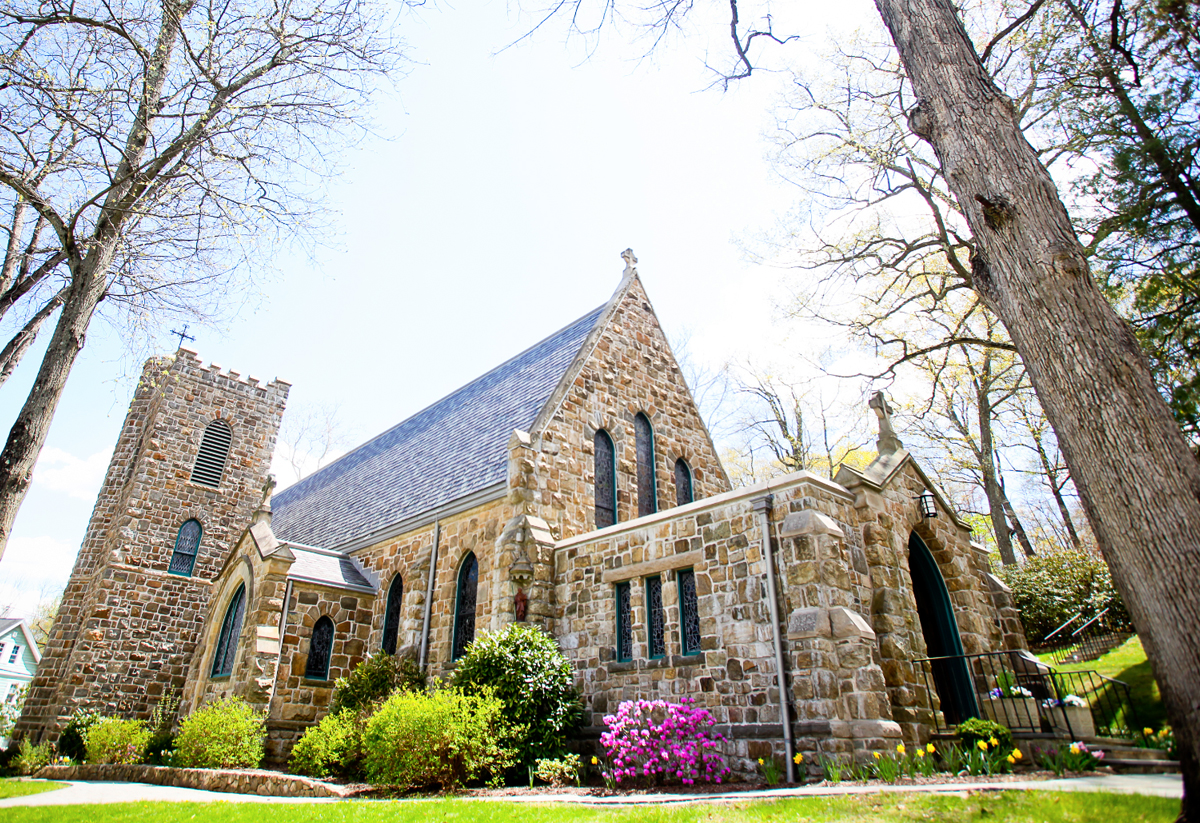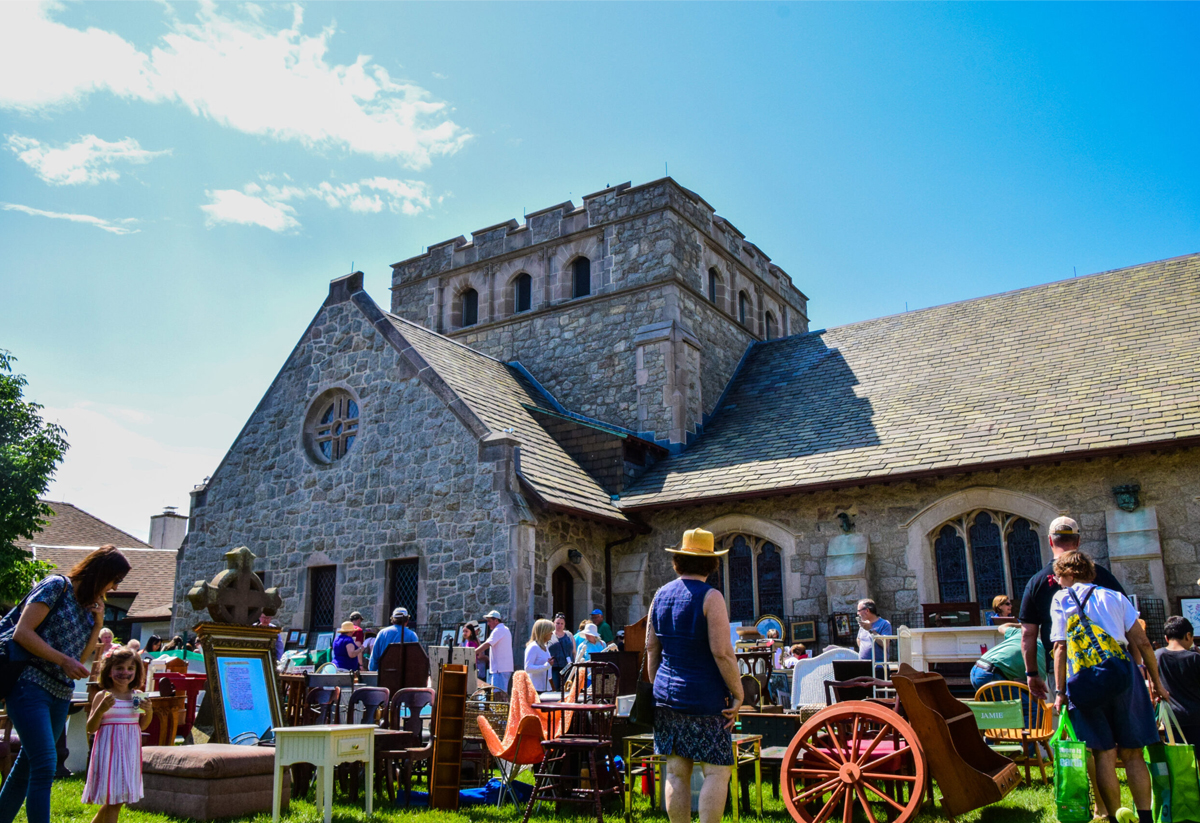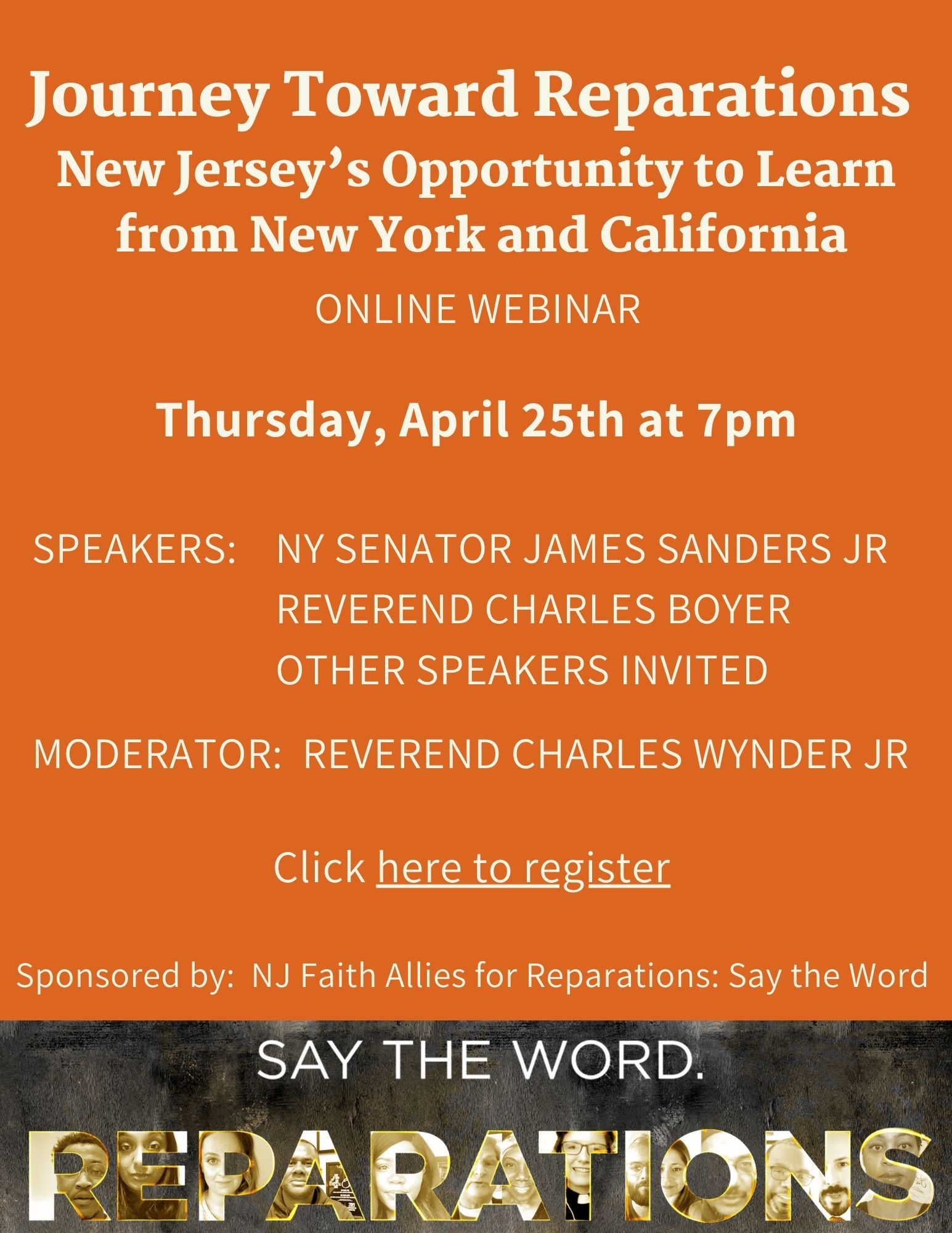Dear People and Friends of the Diocese of New Jersey,
In everything do to others as you would have them do to you; for this is the law and the prophets.—Matthew 7:12
Today the State of New Jersey observes “Juneteenth” (the federal observance will be on Monday). On this observance, we recall the events of June 19, 1865, when General Gordon Granger of the Union Army read General Order #3 from the balcony of Aston Villa in Galveston Texas. General Order #3, a federal order, stated:
The people of Texas are informed that, in accordance with a proclamation from the Executive of the United States, all slaves are free. This involves an absolute equality of personal rights and rights of property between former masters and slaves, and the connection heretofore existing between them becomes that between employer and hired labor. The freedmen are advised to remain quietly at their present homes and work for wages. They are informed that they will not be allowed to collect at military posts and that they will not be supported in idleness either there or elsewhere.
As I wrote last year, “The Emancipation Proclamation had been signed by Abraham Lincoln in September of 1862 and become effective on January 1, 1863, two and half years before Juneteenth. The State of Texas, the furthest distant Confederate State, had clung both to the war and to slavery until nearly two months after Lee’s surrender at Appomattox.”
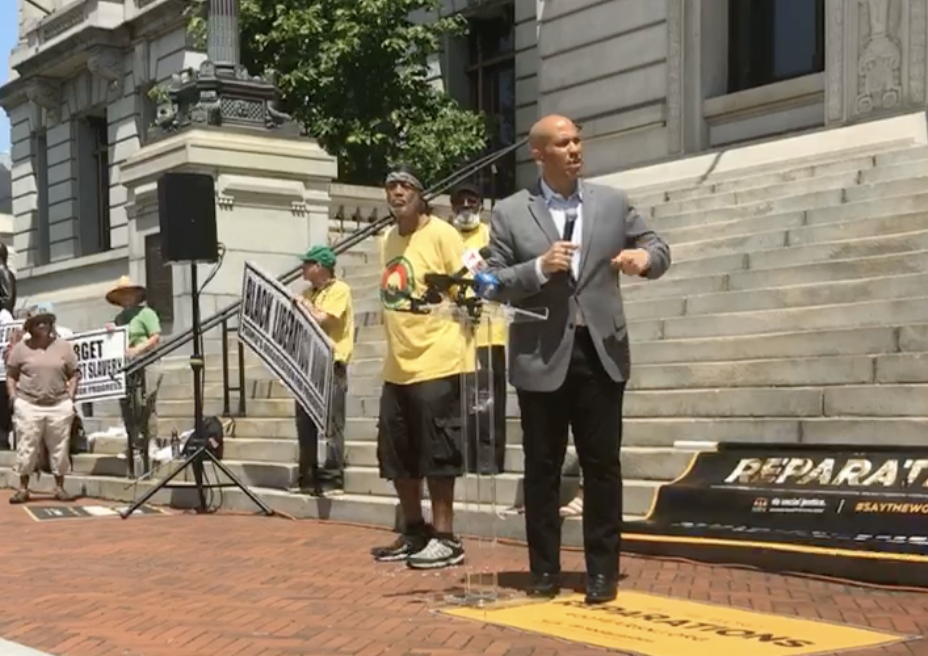
I was supposed to participate in a Juneteenth rally sponsored by the New Jersey Institute of Social Justice in Newark today. Unfortunately, I came down with COVID19 earlier this week and, although my symptoms have neem mild, I had no choice but to cancel all my weekend events including the Juneteenth rally. I’m sorry for this. I believe the observance of Juneteenth is important for all Americans.
Juneteenth invites us to recognize and acknowledge that though the institution of slavery was formally ended with the Emancipation Proclamation in January of 1863, the effects of slavery continue in the legacy of racial injustice and inequity that continue to mar our common life as a nation. The effects of the institution of slavery have marked our nation’s entire history and continue to impact our lives today. This is true not only in the South, but also in the North, including in New Jersey, which overtly participated in slavery in the early history of the nation and still profited from the institution after its formal prohibition in the North. I am grateful for the work being done by our Diocesan Reparations Commission Chaired by Canons Annette Buchanan and Barbie Bach. This work will help us reveal truths about ourselves as a church and a diocese. This kind of truth has the power to truly set us free (John 8:32).
My friends at the New Jersey Institute for Social Justice observe, “there is a direct line from the enslavement of Black people In New Jersey the wide racial disparities that exist today, some of the worst in America.”[1] These include an 18:1 disparity in the number of Black to White kids locked up in our criminal justice system; New Jersey being the sixth most segregated state for public schools; and a $103,500 to $4,900 disparity in wealth between White and Black residents.[2]
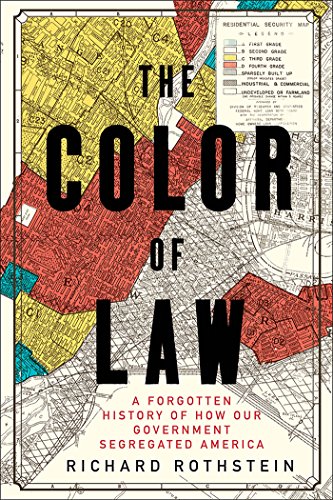 There are those who will try to argue that these disparities are the result of individual merit, or hard work, or a disposition toward or away from criminal behavior. Research however indicates that black and white youth commit about the same number of crimes. It is the system which treats the two differently.[3] In fact, the whole of our American legal infrastructure has been created to perpetuate inequities based on race. This is made clear by author and researcher Richard Rothstein in his must-read book The Color of Law: A Forgotten History of How Our Government Segregated America.[4] Through meticulous research, Rothstein offers clear proof that from the post-Civil War period to the present day, the federal and state governments have been complicit in passing laws and creating systems and structures that created a very tilted playing field that undermined equal opportunity and equity for Black Americans. Rothstein writes:
There are those who will try to argue that these disparities are the result of individual merit, or hard work, or a disposition toward or away from criminal behavior. Research however indicates that black and white youth commit about the same number of crimes. It is the system which treats the two differently.[3] In fact, the whole of our American legal infrastructure has been created to perpetuate inequities based on race. This is made clear by author and researcher Richard Rothstein in his must-read book The Color of Law: A Forgotten History of How Our Government Segregated America.[4] Through meticulous research, Rothstein offers clear proof that from the post-Civil War period to the present day, the federal and state governments have been complicit in passing laws and creating systems and structures that created a very tilted playing field that undermined equal opportunity and equity for Black Americans. Rothstein writes:
Until the last quarter of the twentieth century, racially explicit policies of federal, state, and local governments defined where whites and African Americans should live. Today’s residential segregation in the North, South, Midwest, and West is not the unintended consequence of individual choices and of otherwise well-meaning law or regulation but of unhidden public policy that explicitly segregated every metropolitan area in the United States. The policy was so systematic and so forceful that its effects endure to the present time…Segregation by intentional government action is not de facto. Rather, it is was courts call de jure: segregation by law and public policy.[5]
There is an adage in therapeutic circles that states, “you’re only as sick as your secrets.” For too long, we as Americans, have engaged in a sterilized, mythological thinking about our origins and history. The Juneteenth observance is an invitation to “truth-telling.” This kind of truth-telling has power to heal us and to truly set us free (John 8:32).
God bless you and keep you.
In Christ,
 The Right Reverend William H. Stokes
The Right Reverend William H. Stokes
Bishop of New Jersey
______________
Notes
[1] See website NJISJ at https://www.njisj.org/
[2] Op.cit.
[3] See Alexander, Michelle The New Jim Crow: Mass Incarceration in the Age of Colorblindness (New York: The New Press, 2011) esp. pp. 98-99
[4] Rothstein, Richard The Color of the Law: A Forgotten History of How Our Government Segregated America (New York, London: Liveright Publishing – a Division of W.W. Norton & Company, 2017)
[5] Ibid. p. 54

